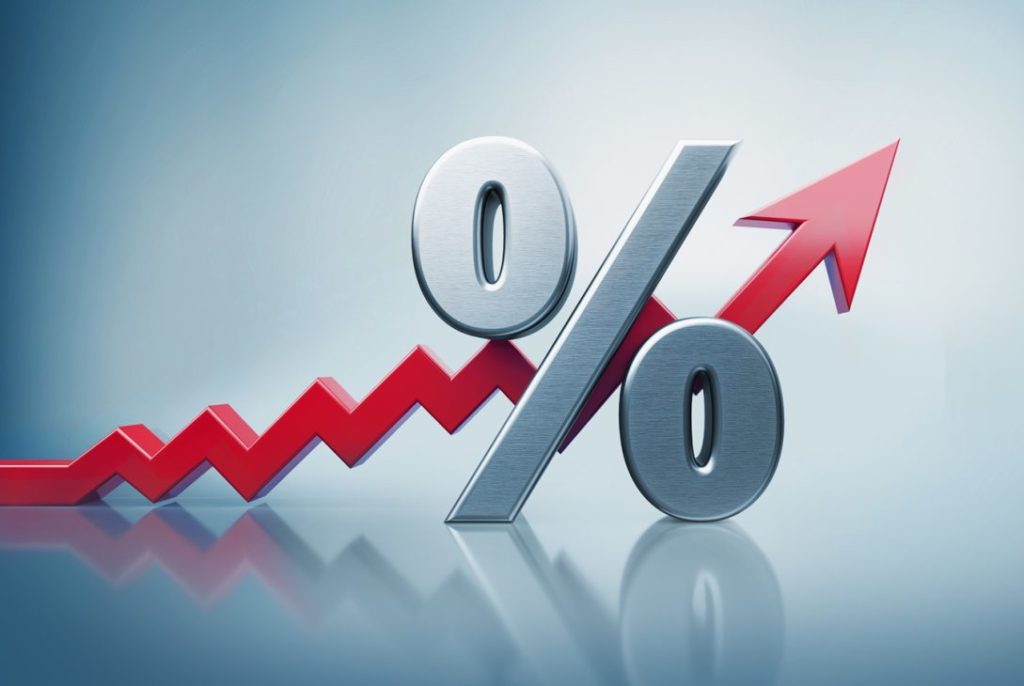When it comes to mortgages, homeowners in Canada often face the decision of choosing between variable or fixed rates. But what if you’ve gone with a variable-rate mortgage and are now wondering if you can switch to a fixed rate? This may be a great option for some, especially if we expect rates to drop over the course of the next 12 months. Let’s break it down in simple terms.
What Does It Mean to Convert from Variable to Fixed?
A variable-rate mortgage means your interest rate (and your payments) can change over time, based on the prime rate. On the other hand, a fixed-rate mortgage locks in your interest rate for a set period—your payments stay consistent. Yes, you can convert a variable mortgage into a fixed rate, and it’s a move some Canadians consider when they want more stability, or want to take advantage of the lower rates anticipated by the market in the future.
How to Convert a Variable to a Fixed Rate
If you want to convert your mortgage, you don’t need to refinance or break your mortgage. The process typically involves contacting your lender and requesting the switch. It can be as simple as calling customer support. Lenders allow this because, at the end of the day, they want to keep you as a customer, whether you’re on a fixed or variable rate.
But here’s the catch: you can’t just ask for any fixed rate. The rate offered will be the current fixed rate available at the time of conversion, which could be higher/lower than what you are sitting at, depending on where the variable rates are at in comparison to the fixed.
When’s the Right Time to Convert?
Timing is key. The decision to convert often boils down to your financial comfort level. Some people prefer to ride out the fluctuations of a variable rate, while others might want the peace of mind that comes with a fixed rate—especially when interest rates start rising.
That said, if rates are on the upswing and you’re concerned about increasing payments, it might be worth considering the switch sooner rather than later. On the flip side, if experts expect rates to drop (and there are predictions that interest rates could go down by 2025), you might prefer sticking with your variable rate for now and wait for a more favorable time to convert.
Keep in mind, historically variable rates have been lower than fixed rates, so trying to wait until variable discounts absolutely bottom out may not be the best idea; you may end up with a higher fixed rate. Converting may make the most sense from an interest savings perspective when the variable is still significantly higher than the fixed rates, and you want to take advantage of the spread difference by converting over.
Are There Fees Involved?
Here’s the good news: in most cases, there are no hefty fees associated with converting your variable mortgage to a fixed one. You won’t face a prepayment penalty like you would if you were breaking your mortgage contract entirely. But do check with your lender about any administrative costs or conditions specific to your mortgage agreement. There is only ever a fee if you decide to break your mortgage to switch to a fixed rate with a different lender. As long as you stick with your existing lender, you wont face these fees for conversion.
Pros and Cons of Converting to a Fixed Rate
Like everything, converting has its upsides and downsides.
Pros:
- Predictable payments: Your monthly payments won’t change, which can make budgeting easier.
- Protection from rising rates: If rates go up, you’re shielded from increases.
Cons:
- Locked-in at a higher rate: The fixed rate you’re offered when you convert might be higher than your current variable rate, especially if rates are already rising.
- No benefit from falling rates: If rates drop after you’ve locked in, you won’t be able to take advantage of them without breaking your mortgage and paying penalties.
What Rates Can You Expect When You Convert?
The fixed rate offered when you convert depends on current market conditions. If rates are climbing, expect to be offered a higher fixed rate compared to when you initially signed for your variable mortgage. Lenders typically offer their posted fixed rate upfront at the time of conversion, but as always, these can be negotiated to secure a better deal.
How Soon Can You Convert?
Most lenders will allow you to convert from a variable to a fixed rate at any time during your term. You don’t have to wait a certain period or meet specific conditions. So, if you’ve just gotten a variable mortgage and rates start climbing a few months in, you could convert right away.
Why You Might Want To Reach Out To a Mortgage Broker Before Converting
Lets assume you are ready to convert your variable rate, and contact your lender who is offering a rate of 3.7% for a 3 year fixed rate at that time. A mortgage broker will be able to see if this is in line with the market, or if lower rates may be available, and worth paying the penalty to break your existing mortgage.
Lets say at that time rates as low as 3% 3 year fixed are available. On a $500,000 mortgage that is over $9534 in savings for the next 3 years at the lower rate, in comparison to the 3.7% your lender may have offered. For the sake of the numbers, lets assume the variable has come down 1.25%. Your 3 month interest penalty to break your current mortgage is roughly $6432. This means that even if you pay the penalty to break your mortgage, you could take the lower 3% 3 year fixed rate outside of your current lender and experience roughly $3102 in savings over the next 3 years. In this case, it may absolutely make sense to break your mortgage and pay the penalty for .70% in rate savings!
Should You Wait for Rates to Drop?
Given the current high-rate environment, you might feel torn. Rates on both the fixed and variable side have risen, but there’s optimism in the air that rates could start falling by 2025. If you’re comfortable riding out the bumps in the road for the next year or two, it might be worth sticking with your variable rate and waiting for rates to drop before converting. That way, you can lock in a lower fixed rate when the timing feels right.
Final Thoughts
Converting a variable mortgage to a fixed rate is a smart move for some, especially if you’re worried about rising interest rates and want stability in your payments. The process is straightforward, and you can often switch without penalties, but the decision ultimately depends on your financial goals and comfort level with risk. If rates are predicted to fall in the near future, staying variable for now could pay off in the long run.






